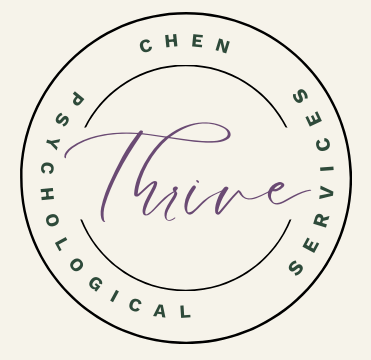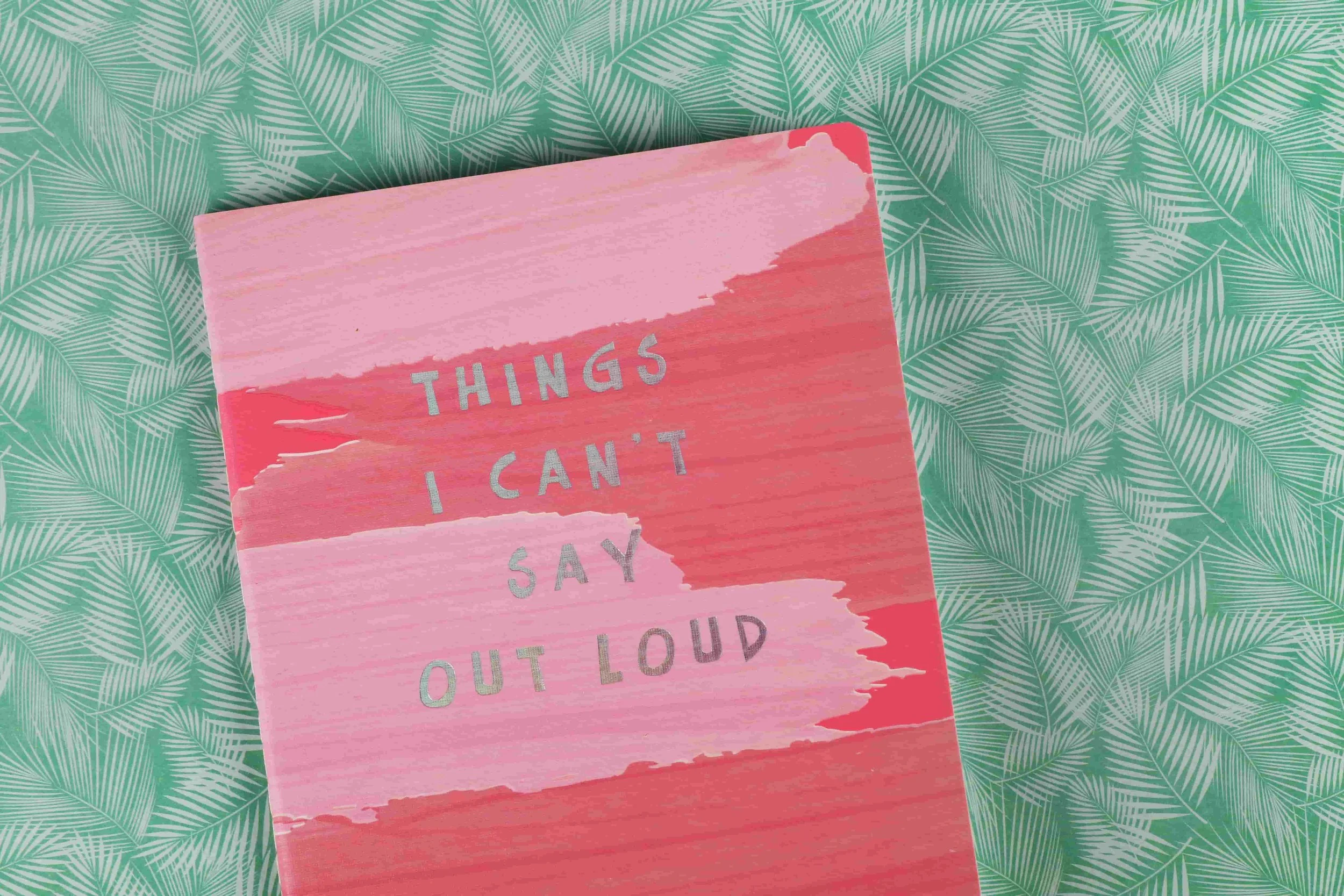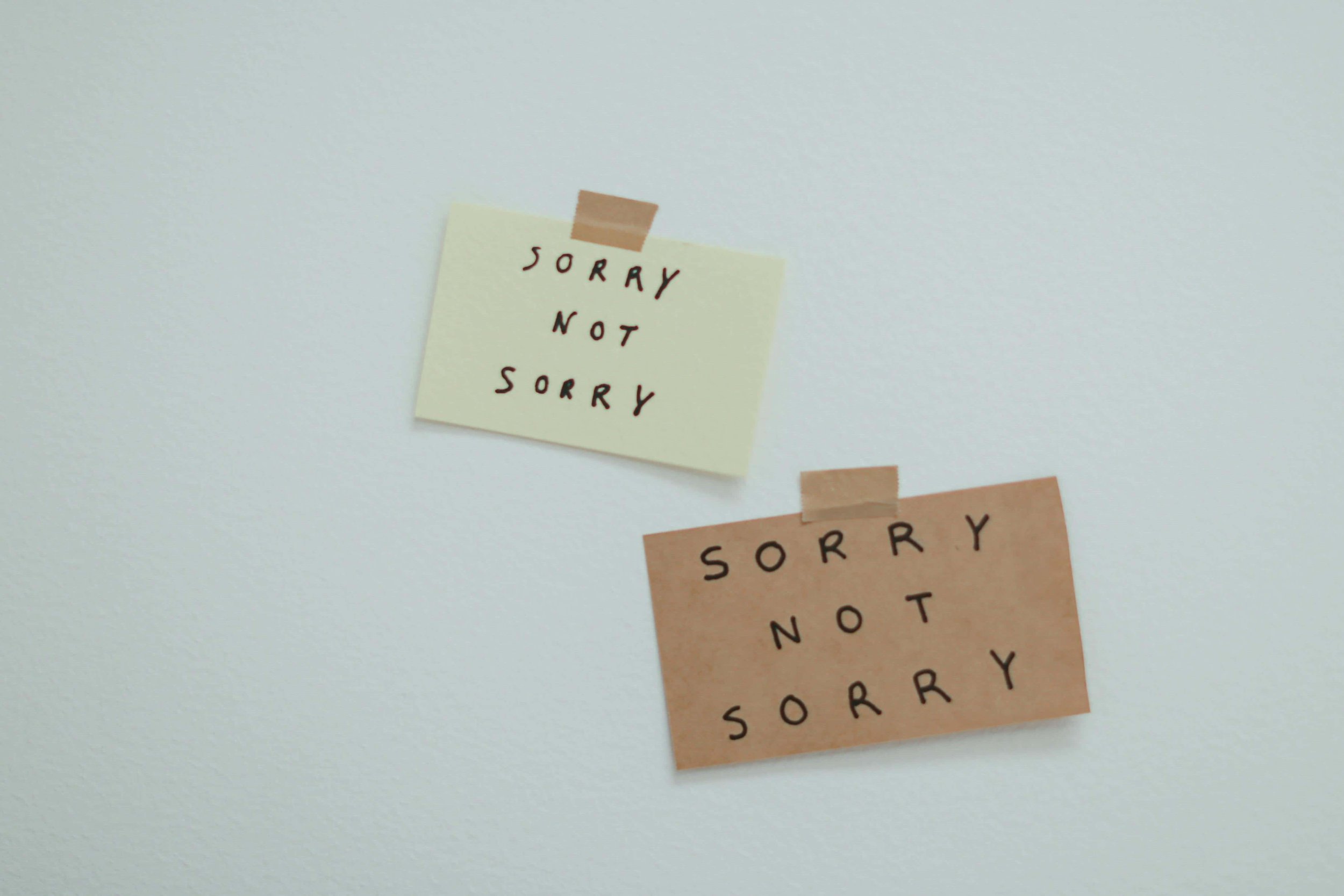How To Say No At Work Without Feeling Guilty
Introduction
Imagine staring at your inbox. It’s not even 9:00 AM, and your unread emails are already piling up. A teammate just messaged you to “quickly jump in” on a client project. Your manager added a last-minute brainstorming session to your calendar. You’re already behind on yesterday’s deadlines, and your heart rate spikes as you scan everything you haven’t done. That familiar, conflicted voice in your head kicks in: Just say yes and be helpful. Don’t let them down.
You know you don’t have the bandwidth, but saying no feels impossible.
For many high-achieving Asian American women, saying no at work isn’t just about time management. It can feel like a betrayal of how we were raised. Maybe you grew up in a family that valued self-sacrifice, where you were expected to be reliable, hardworking, and quietly excellent. You were taught to respect authority, avoid conflict, and always consider how your actions affect others. In immigrant families, the pressure to make your parents’ sacrifices “worth it” can translate into an unspoken rule: Don’t be the reason someone is disappointed.
So instead of setting boundaries, you take on more. Until you're stretched thin, burned out, and quietly resentful.
If this feels familiar, you're not alone. This post explores how to say no at work in a way that feels aligned with your values, honors your cultural roots, and helps you reclaim your time without the overwhelming guilt.
Why Saying No Is So Hard
The guilt you feel when you want to say no is protective. It often masks a deeper fear: Will I be seen as selfish, difficult, or ungrateful? Will I disappoint someone or be left out next time?
This fear is rooted in our hardwired need for belonging. For high-achieving Asian American women, it’s intensified by the way perfectionism and cultural values around duty, harmony, and respect intersect.
Many Asian American women grow up in families where love and approval are closely tied to achievement and obedience (Kim, Atkinson, & Yang, 2005). The pressure to be trustworthy, agreeable, and high-performing is reinforced through cultural expectations like filial piety, self-sacrifice, and prioritizing the group. Saying no can feel like letting people down or not honoring the sacrifices made for you.
Psychologists Flett and Hewitt (2002) found that socially prescribed perfectionism (feeling pressure to meet someone else’s expectations) is linked to anxiety, guilt, and fear of rejection. These tendencies become even more pronounced when model minority stereotypes push Asian American professionals to prove themselves constantly (Chou & Feagin, 2008).
When you’ve been raised to keep the peace and be the dependable one, saying no can feel like breaking an unspoken code. But here’s the truth: saying no doesn’t make you selfish. It makes you honest. And that’s a strength.
Simple, Guilt-Free “No” Phrases
Here are sample scripts you can adapt to set clear boundaries while preserving relationships, maintaining professionalism, and honoring your values:
“I’d love to help, but I don’t have the capacity to give this the attention it deserves right now.” Reframes your no as integrity, not inadequacy.
“That sounds like an important initiative. Would it be possible to revisit this after [X deadline/project] wraps up?” Signals openness while setting clear limits.
“I want to make sure I’m delivering high-quality work on my current priorities. I’d like to decline this one so I can stay focused.” Justifies boundaries using shared values of excellence.
“I’m currently at capacity and don’t want to overcommit. Is there someone else on the team who might be better positioned to support this?” Offers a constructive alternative.
“Thanks for thinking of me! I’m needing to be more intentional with my time this quarter, so I’ll have to pass.” Warm, clear, and doesn’t over-explain.
If this is hitting close to home, you don’t have to figure it out alone. Feel free to book a free 15-minute phone consultation to see whether my approach matches what you need and go from there.
How To Say No When Others Push Back
Even the most respectful no can be met with surprise, especially if you’ve always said yes. That doesn’t mean you’ve done something wrong. It means people need time to adjust to the new you.
Here’s how to stay grounded:
Expect discomfort from others and yourself. Boundary-setting can stir guilt or anxiety, especially if you were raised to avoid conflict. These feelings are normal, not signs to take back your no.
Ground yourself in your why. Boundaries are clarity about what you need to show up sustainably, whether that’s protecting your energy, avoiding burnout, or maintaining focus.
Reaffirm the relationship. Try: “I really value working with you, and I hope this doesn’t come across the wrong way. I just need to be honest about what I can take on right now.”
Don’t over-explain. Keep your tone calm and your explanation brief. You’re not asking for permission. You’re honoring your capacity.
Learning How To Say No Is A Form Of Self-Respect
If you’ve always been praised for being agreeable and hardworking, saying no might feel risky or even wrong. But learning how to say no is a powerful form of self-respect.
You’re not rejecting the person. You’re being honest about what you can realistically offer. That honesty builds self-trust and trust with others.
Start Small, Then Scale Up
You don’t have to start by turning down a big request from your manager. Start by practicing in lower-stakes situations: declining a meeting you don’t need to attend, asking for more time, or saying no to a casual favor when your plate is full.
Each time you practice, you build confidence. Over time, it becomes easier to hold your ground in high-pressure situations.
Guilt May Still Show Up, And That’s Okay
Feeling guilty doesn’t mean you’ve done something wrong. It often means you’re doing something new.
Instead of pushing guilt away, try reframing it as “This discomfort means I’m growing beyond old roles that no longer serve me.”
With practice and support, you’ll learn how to say no without sacrificing your relationships or your well-being.
Final Thoughts
You’re not doing anything wrong by saying no. It just feels unfamiliar because you weren’t raised to give yourself that permission. Saying no isn’t a rejection—it’s a way of protecting the energy you need to show up fully for what matters most.
If you’re tired of walking the tightrope between being seen as capable and being taken for granted, therapy can help. I work with high-achieving Asian American women navigating perfectionism, people-pleasing, and burnout. If you’re based in NYC, feel free to book a free 15-minute consultation to explore whether working together feels like a good fit.
You don’t have to keep saying yes to everyone else at your own expense.
References
Chou, R. S., & Feagin, J. R. (2008). The myth of the model minority: Asian Americans facing racism. Paradigm Publishers.
Flett, G. L., & Hewitt, P. L. (2002). Perfectionism and maladjustment: An overview of theoretical, definitional, and treatment issues. In G. L. Flett & P. L. Hewitt (Eds.), Perfectionism: Theory, research, and treatment (pp. 5–31).
Kim, B. S. K., Atkinson, D. R., & Yang, P. H. (2005). The Asian values scale: Development, factor analysis, validation, and reliability. Journal of Counseling Psychology, 46(3), 342–352.





